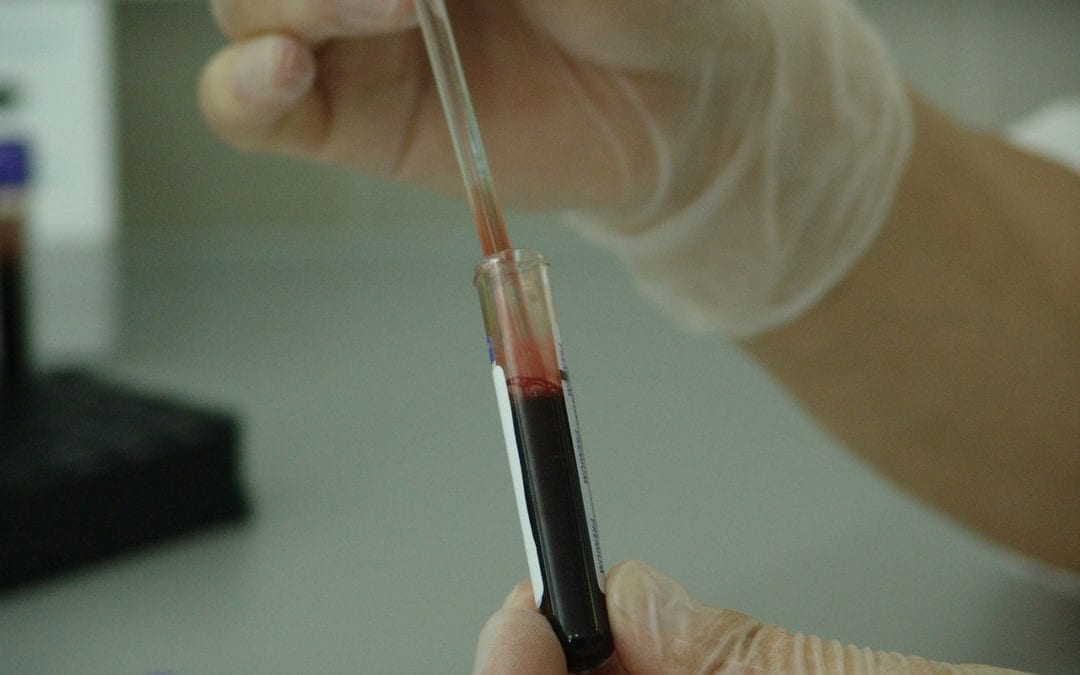It is vital to your pet’s health that he or she be examined from nose to tail periodically in order to pinpoint and address problems. That is a no-brainer for most people. But when it comes to your veterinarian recommending screening tests for your pet, some owners balk.
After all, your pet is acting fine and passed his or her exam with flying colors. Why would you spend the money on a blood panel when, for all intents and purposes, there is nothing wrong?
Screening tests are designed to detect problems before symptoms are apparent. This is valuable for several reasons.
Most disease processes are more easily treated when they are early on in their course. And by catching diseases early, it saves your pet from experiencing the (most often) unpleasant symptoms associated with the disease.
Dogs and cats can’t exactly pipe up when they are not feeling well, so screening tests can help us to diagnose issues that are causing problems before they affect quality of life. In general, these tests are noninvasive and relatively inexpensive. By detecting and addressing problems early, you can easily increase the quality and quantity of your pet’s life.
Vets don’t need to screen all animals for all diseases. At your appointment, you will hear recommendations as to what screening tests might most benefit your pet.
A blood panel might be recommended to senior pets, a blood pressure check for a cat with high thyroid hormone, or a tick-borne disease panel for an outdoor hunting dog.
Screening tests are designed to not let any disease or developing issues slip through the cracks, but as a tradeoff they can sometimes yield false positives. Don’t worry. An inconclusive or suspicious result is just an indicator that additional tests should be run in order to confirm the diagnosis.
While running a bunch of tests on your pet may not be appealing, if the tests are strategically selected screening tests, they can yield lots of important and useful information. Many tests even provide valuable wellness information that can be used to maintain or increase your pet’s good health.
Following your vet’s recommendations for periodic screenings as needed is a vital part of caring for your pet. It is perhaps the most powerful way to continue to keep your pet healthy and guard against problems in the years ahead.

